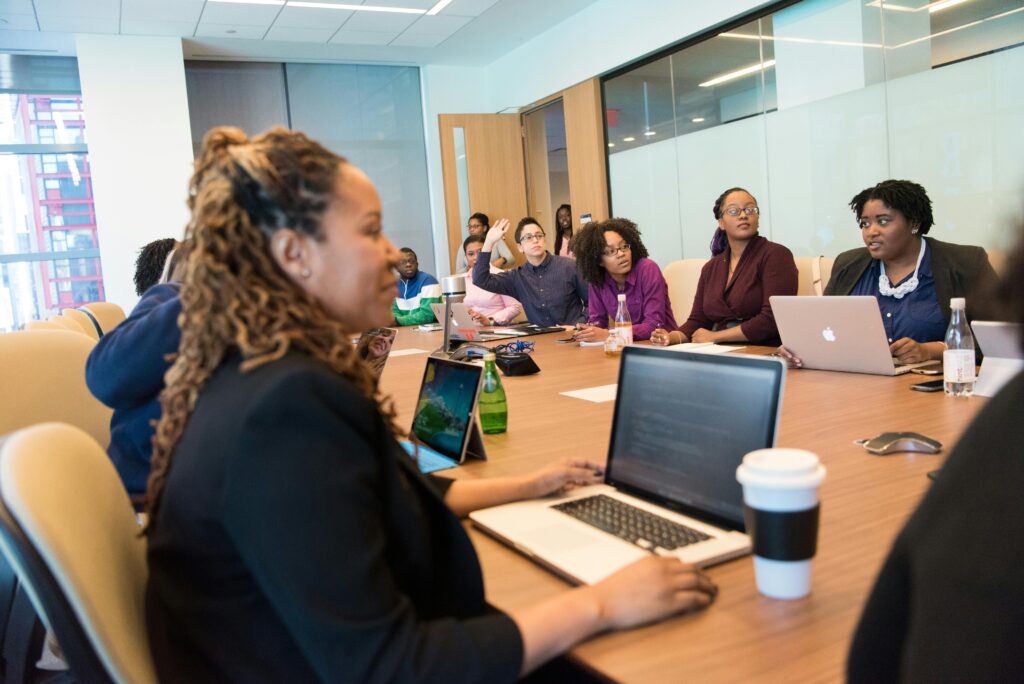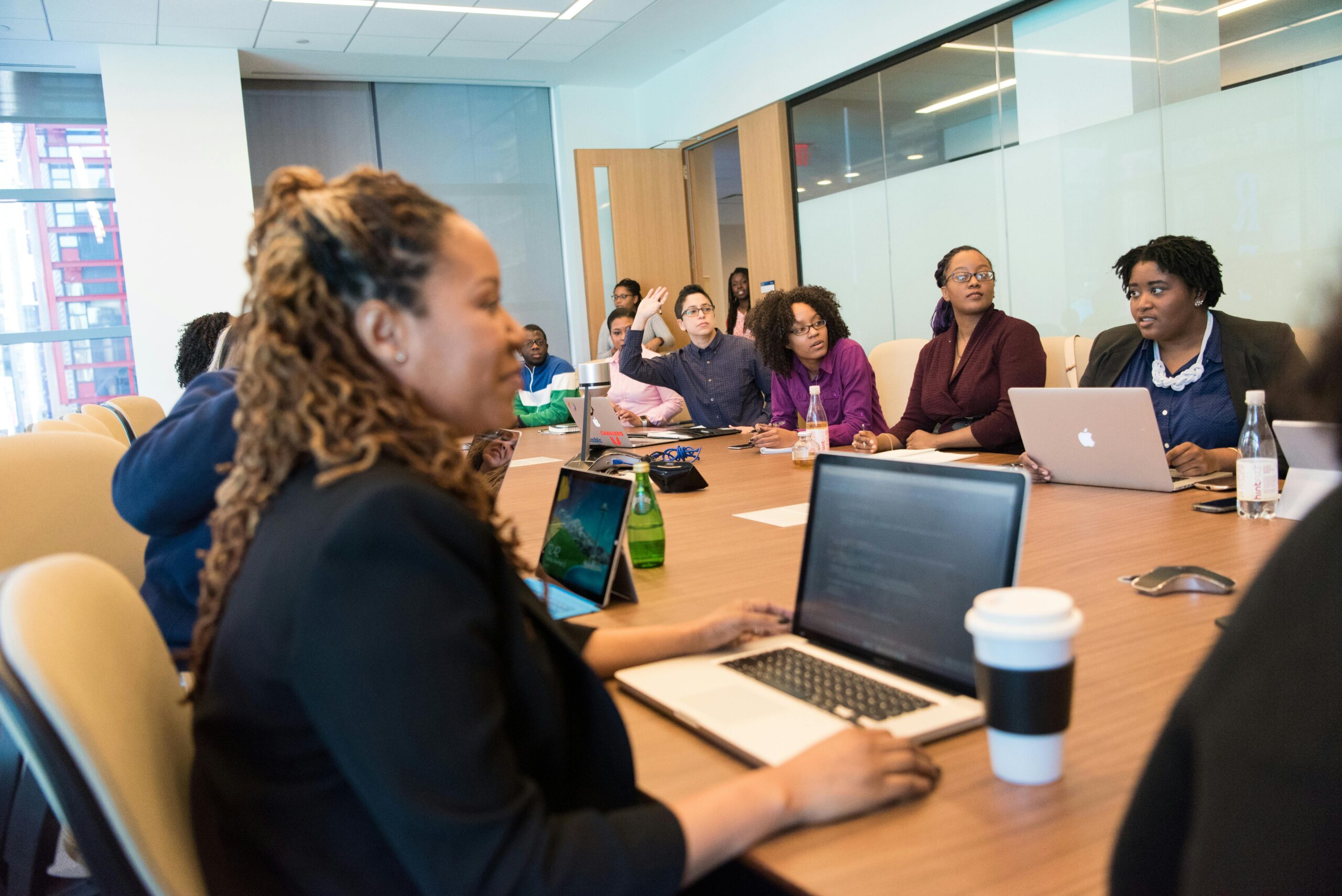
►
Types of Methods: some common methods in use are mentioned below
1.Lecture Method:
Oldest and most basic method. Well planned lectures can cover a large amount of information in a short time. More useful when participants are more, or their involvement is less required.
2.Case-study Method:
Accident case study is presented explaining how an actual accident happened or an imaginary accident can happen. Causation analysis and remedial measures can be discussed by questions and answers. Good pictures are more useful to explain the situation effectively.

3.Discussion Method:
Useful with small number of people in a group. The trainer acts in a limited way as a scene setter or referee encouraging participants to speak out. The two way communication move toward objectives. Participants are more attentive, active and don’t feel boredom.
4.Role playing Method:
It is a form of learning by doing but in a simulated situation. Trainees are given a situation like in case-study method but instead of just discussing it, they resolve the problem by acting out the roles of the people involved. Here extrovert trainees show their skill but introvert or shy trainees unused to such situation get embarrassed.
5.Business games Method:
More useful for business people and skill required for safety attitude or inspection in buying/selling items which are more safe or with the details of safety.
6.Sending at Training Centre:
Institutes, seminars, workshops, special courses, etc. utilizes external resources for required training.
7.Job instruction training:
Useful to train supervisors who in turn train the employees. Job instruction training involves four steps (1) preparing the trainee (2) demonstrating the job (3) having the trainee performed the job and (4) checking frequently the trainee’s performance.
8.Programmed Instructions:
Programmed instructions are given in a book form. A trainee learns it, answers the question or solves the problem. The system has mechanism of learning-checking and relearning.
9.Project work:
Project writing is given to trainees. They apply their knowledge to practical situations.
10.Other Methods:
Job rotation, committed assignments, HRD training, etc.



